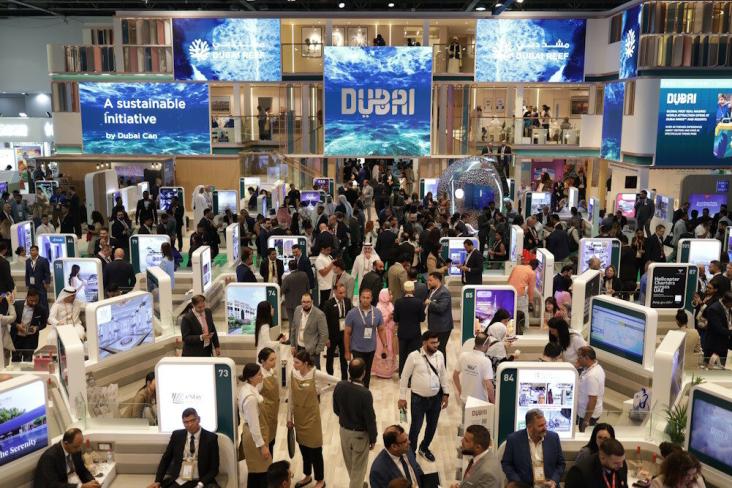
The UNGC's latest report on “Accelerating Innovation in Sustainable Finance” offers models for businesses on how to deliver financial returns and positive global impact – together.
Fuel Cells Technology and Electrode Materials for a Sustainable Future, Chapter 9 - Emerging materials for hydrogen oxidation reaction, Pages 155-179, 2025
The chapter supports multiple SDGs, including SDG 7 (Affordable and Clean Energy) by emphasizing the development of cost-effective, efficient, and durable electrocatalysts to advance sustainable energy technologies. It also aligns with SDG 9 (Industry, Innovation, and Infrastructure) through its focus on innovation and technological progress in materials science. Additionally, by promoting the use of non-noble metals, the chapter advocates for SDG 12 (Responsible Consumption and Production) by encouraging sustainable resource utilization. Furthermore, enhancing electrocatalysts for energy conversion processes can help reduce greenhouse gas emissions, thereby contributing to SDG 13 (Climate Action).

SDGs have been added on Scopus' author profile pages, appearing under the rebranded “Impact” section.


